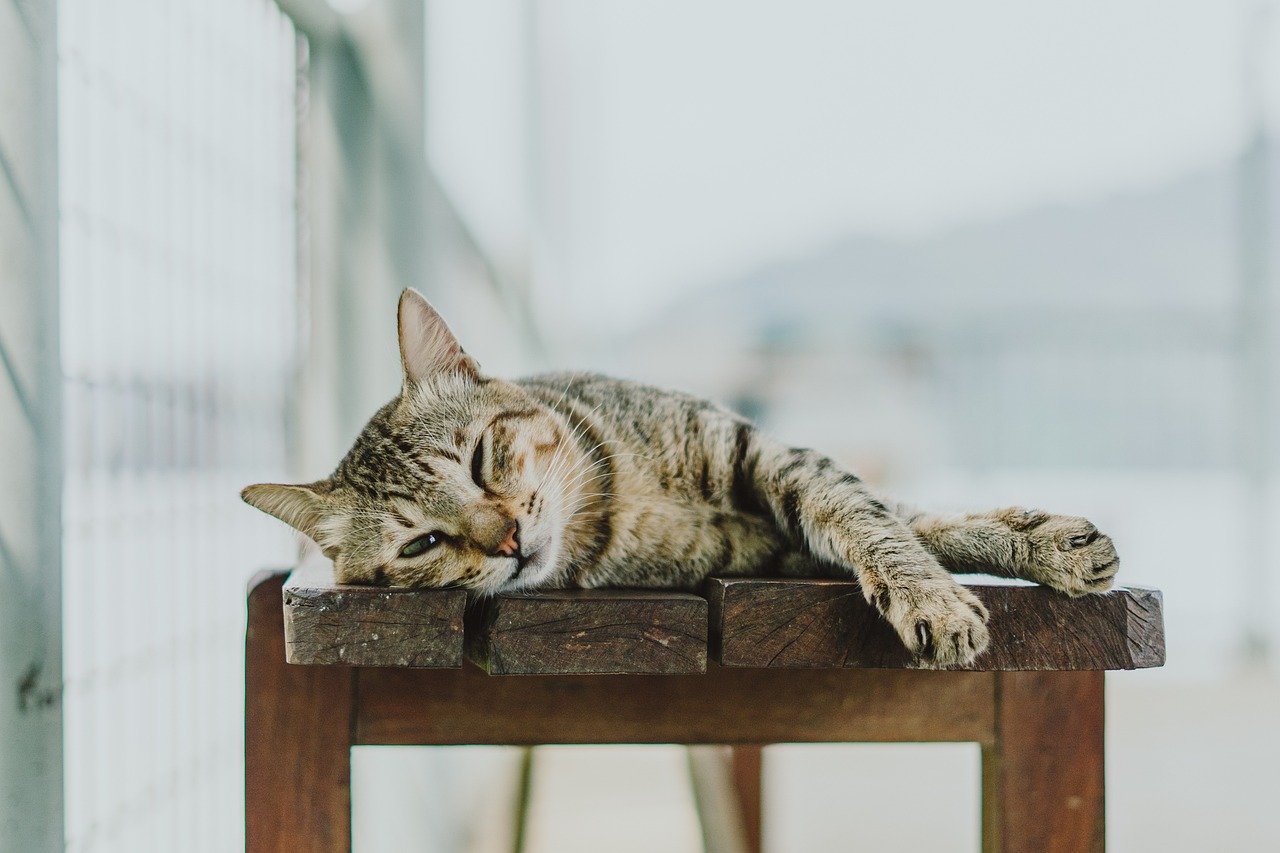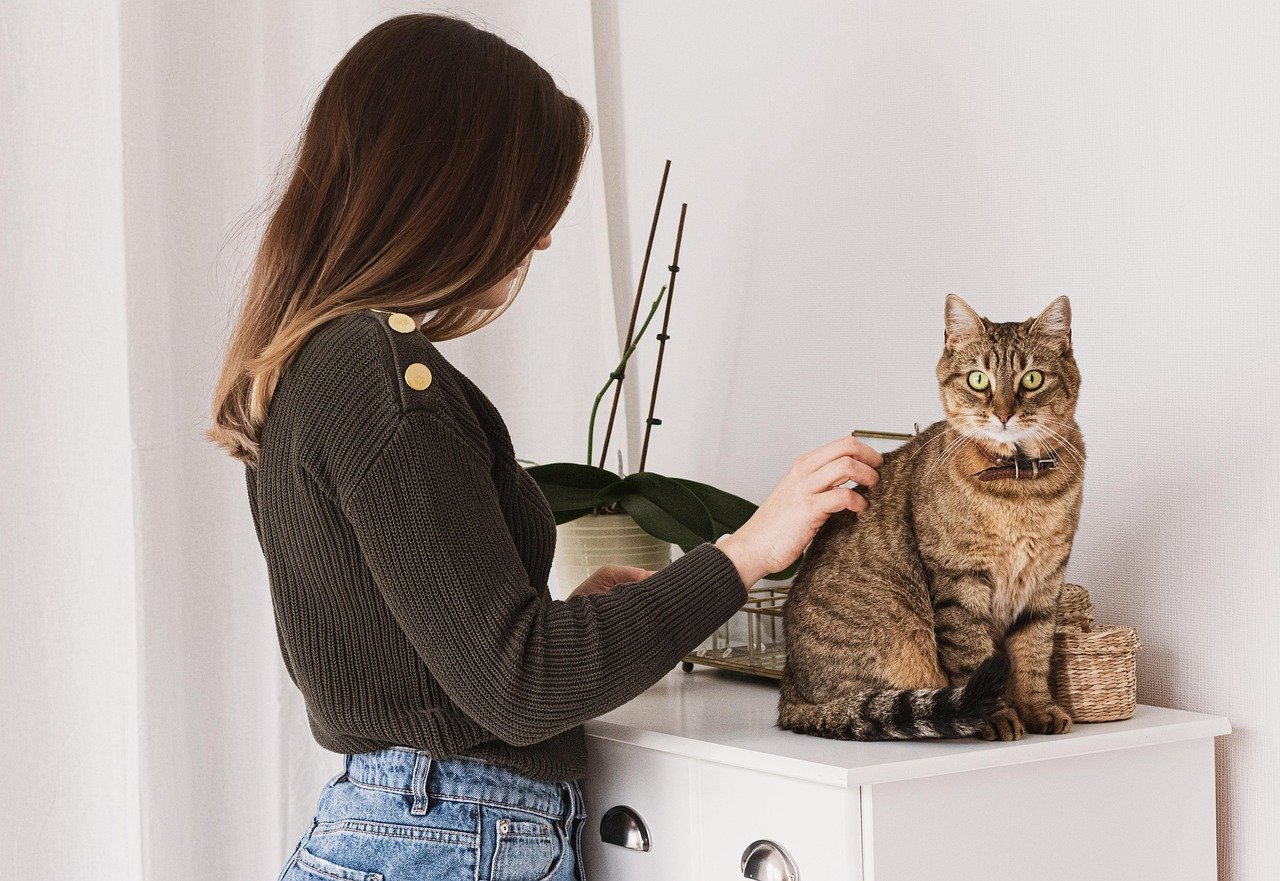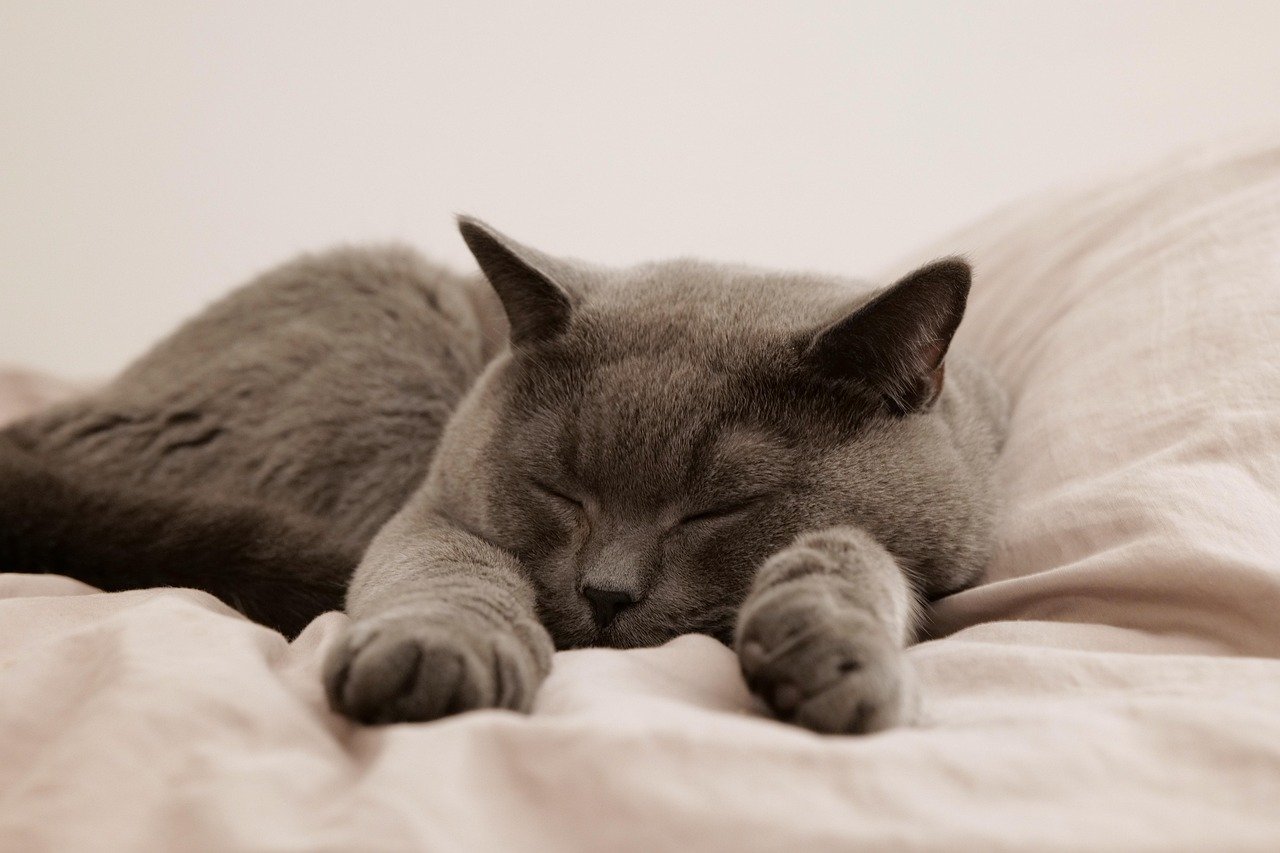If you’re a dedicated cat lover, you’re likely aware that cats have their own unique ways of expressing emotions. While they may not bark or wag their tails like dogs, cats are equally capable of feeling a range of emotions, including loneliness or being left out. Understanding these subtle signs can ensure your feline friend feels included and loved. Here are 10 signs that your cat might be feeling left out and what you can do about it.
1. Unusual Hiding Habits
Cats are naturally curious creatures, but if your feline friend is spending more time hiding than exploring, it could be a sign they’re feeling left out. Whether it’s under the bed or in a closet, excessive hiding can indicate that your cat is feeling neglected. Cats often retreat to places where they feel safe when they’re not getting enough attention. It’s crucial to observe these habits and try to coax your cat out with gentle encouragement, ensuring they know they’re a cherished member of the family.
2. Decreased Appetite

A cat that suddenly isn’t interested in their favorite food might be trying to tell you something. Just like humans, cats can lose their appetite when they’re feeling down. If your cat is consistently leaving their food untouched, it might be time to consider whether they’re feeling left out. Try spending more quality time during meal sessions, perhaps by hand-feeding them or engaging them with a special treat to rekindle their interest in food.
3. Excessive Meowing
While some cats are naturally talkative, an increase in vocalization can be a cry for attention. If your cat is meowing more than usual, it could be their way of telling you they feel left out. Pay attention to the context and frequency of their meowing. Often, spending a few extra minutes petting or playing with your cat can make a significant difference in their mood and reduce the need for vocal reminders of their presence.
4. Destructive Behavior
Has your cat suddenly taken an interest in shredding your favorite couch or knocking over objects? Destructive behavior can be a sign of boredom or feeling excluded. Cats need stimulation, and when they don’t get it, they might resort to clawing or biting furniture to get your attention. Offering a variety of toys and engaging playtime can help redirect this energy and make your cat feel more included in your daily activities.
5. Litter Box Issues
A sudden change in litter box habits, such as not using it at all, can be a sign of stress or feeling left out. Cats are generally very clean creatures, so when they start having accidents, it’s often a sign that something is amiss. It’s important to ensure the litter box is clean and accessible, but also to consider if your cat is feeling neglected. Spending more time with your cat in their space can often alleviate this issue.
6. Excessive Grooming

Cats groom themselves regularly, but if your cat is grooming excessively to the point of losing fur, it might be a sign of anxiety. This behavior can often be a result of feeling left out or stressed. Providing a calm and loving environment, along with regular interaction, can help reduce your cat’s stress levels. Consider creating a quiet space where your cat can relax and feel safe when they need a break from household activities.
7. Changes in Sleep Patterns

Cats are known for their love of napping, but a change in sleep patterns can indicate emotional distress. If your cat is sleeping much more or much less than usual, it might be feeling left out. Monitor your cat’s sleeping habits and try to establish a routine that includes regular interaction times. This can help your cat feel more secure and part of the family rhythm.
8. Avoidance of Human Contact
Cats that suddenly avoid being touched or held might be signaling that they feel left out. While some cats are naturally more aloof, a noticeable change in their desire for human contact can be a red flag. Try to initiate gentle contact and encourage interaction with treats or toys. It’s important to be patient and let your cat come to you when they’re ready.
9. Overeating or Weight Gain

Just like humans, some cats might turn to food for comfort when they’re feeling left out. If you notice your cat eating more than usual or gaining weight, it could be a sign they’re using food as a substitute for attention. Ensuring regular playtime and physical activity can help your cat feel more engaged and less likely to overeat out of boredom or loneliness.
10. Aggressive Behavior
If your normally sweet cat starts showing signs of aggression, it could be a sign they’re feeling left out or stressed. Cats can become aggressive when they feel threatened or neglected. Observing the triggers of such behavior and ensuring your cat has a safe space can help mitigate this. Regularly scheduled one-on-one time can remind your cat that they’re loved and valued, reducing the likelihood of aggressive outbursts.
Understanding these signs and responding with empathy and attention can help strengthen the bond between you and your feline friend. Pay attention to changes in behavior and always make time to show your cat how much they’re cherished.
Hi, I’m Bola, a passionate writer and creative strategist with a knack for crafting compelling content that educates, inspires, and connects. Over the years, I’ve honed my skills across various writing fields, including content creation, copywriting, online course development, and video scriptwriting.
When I’m not at my desk, you’ll find me exploring new ideas, reading books, or brainstorming creative ways to solve challenges. I believe that words have the power to transform, and I’m here to help you leverage that power for success.
Thanks for stopping by, Keep coming to this website to checkout new articles form me. You’d always love it!






